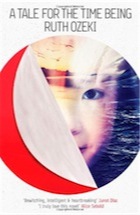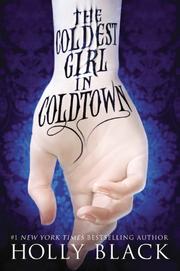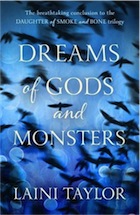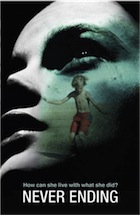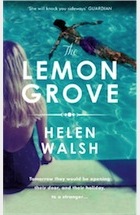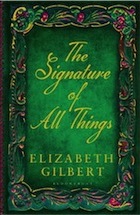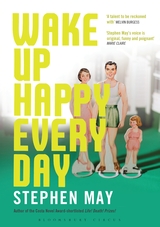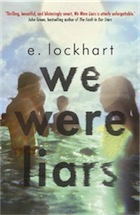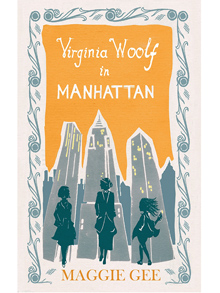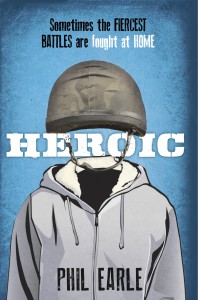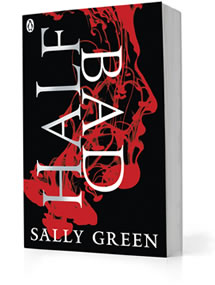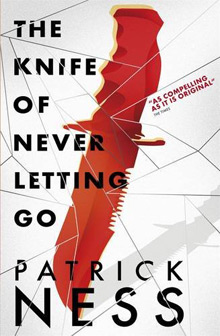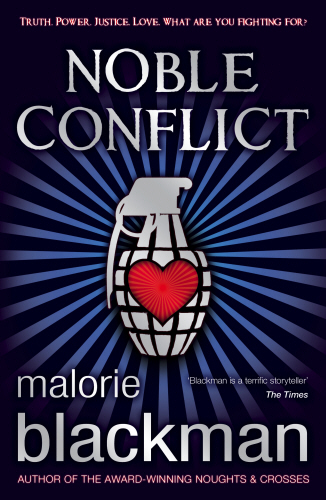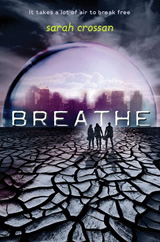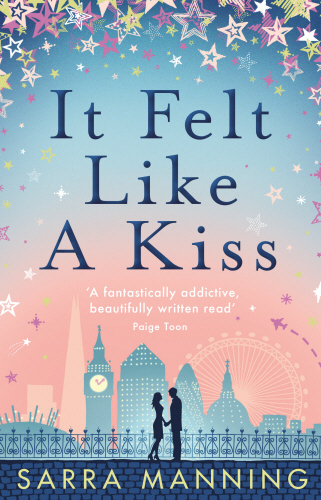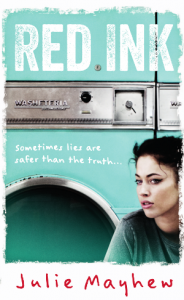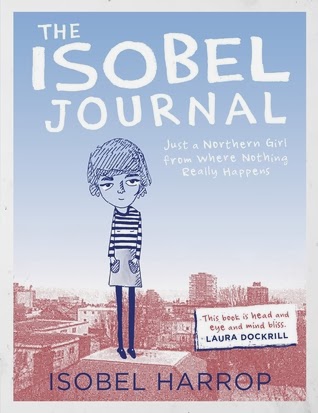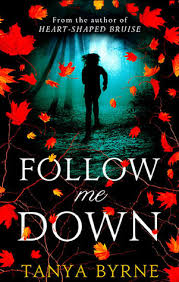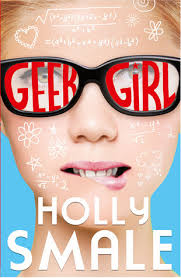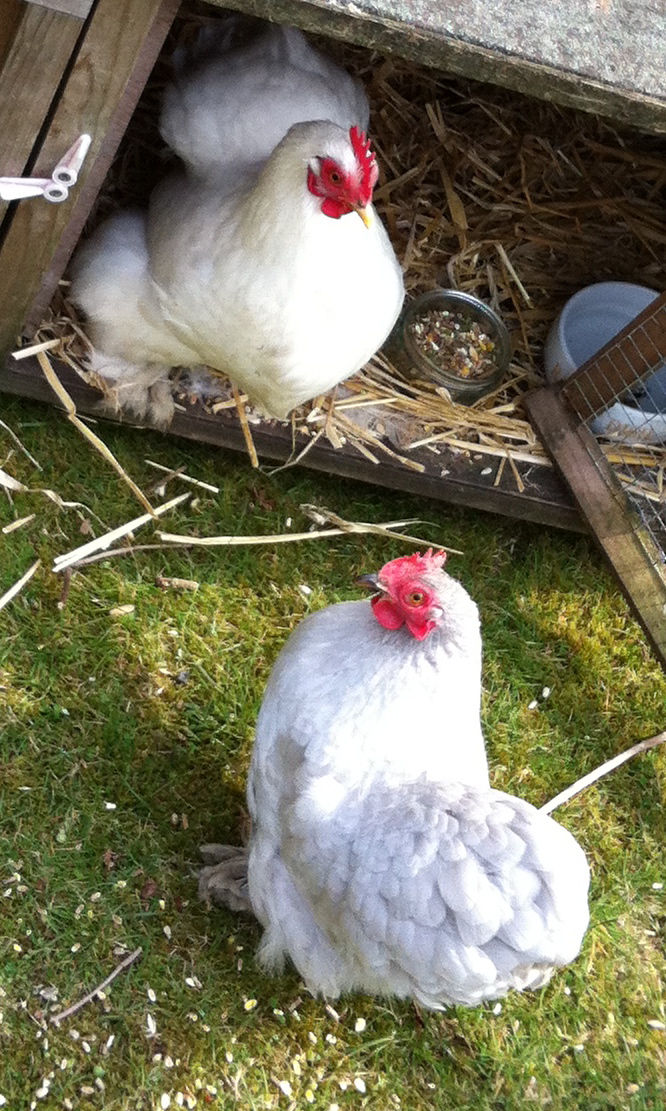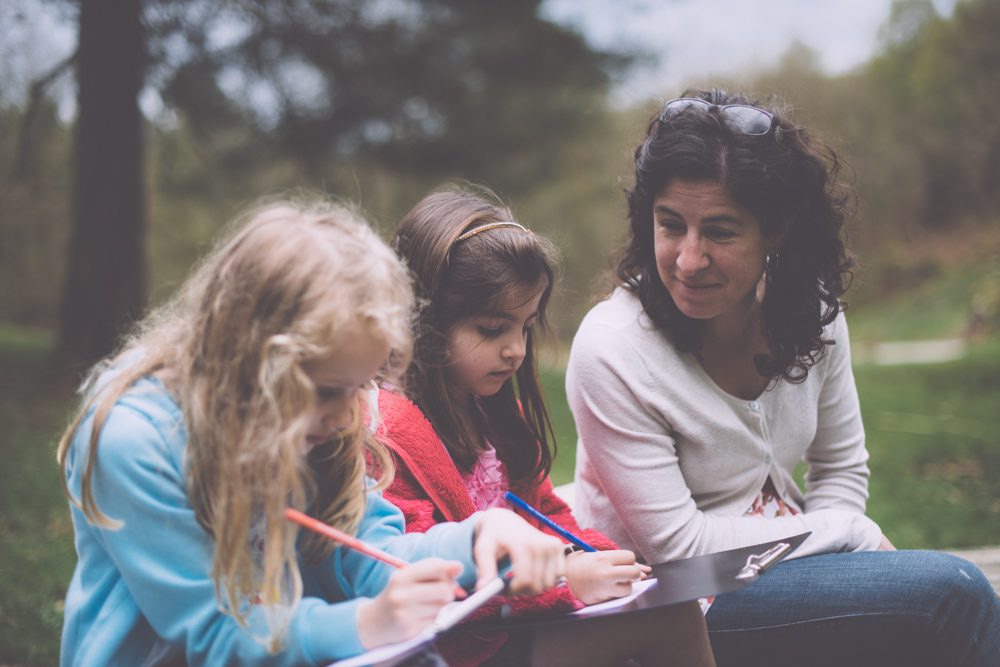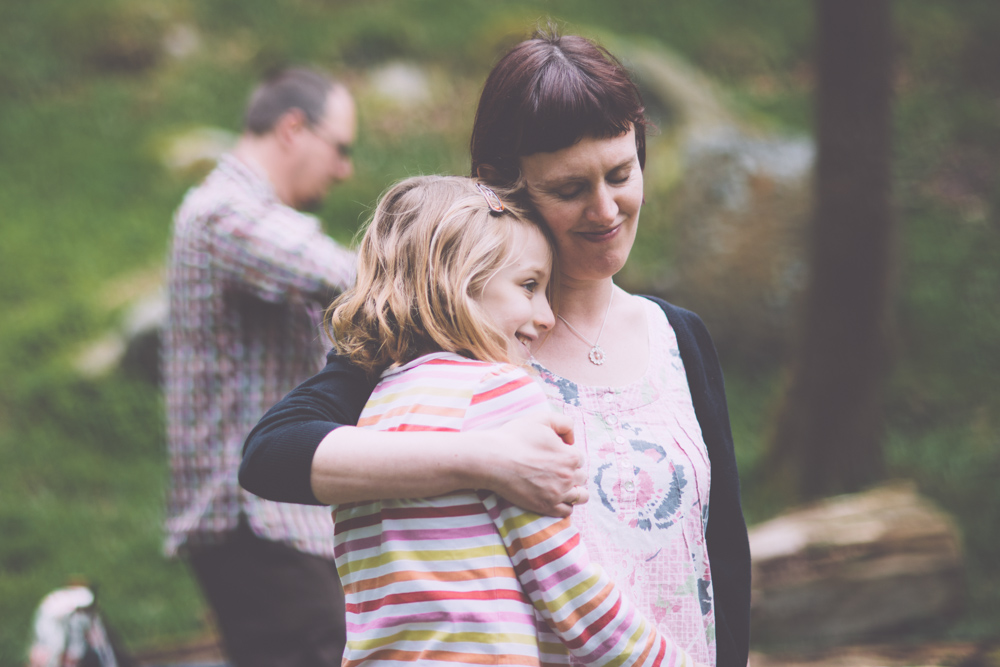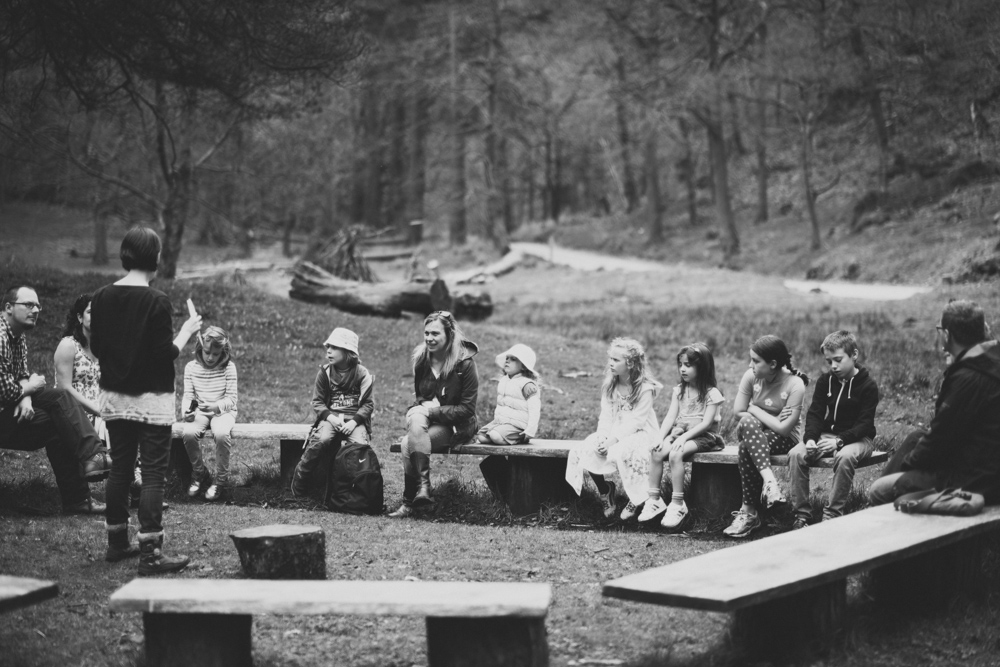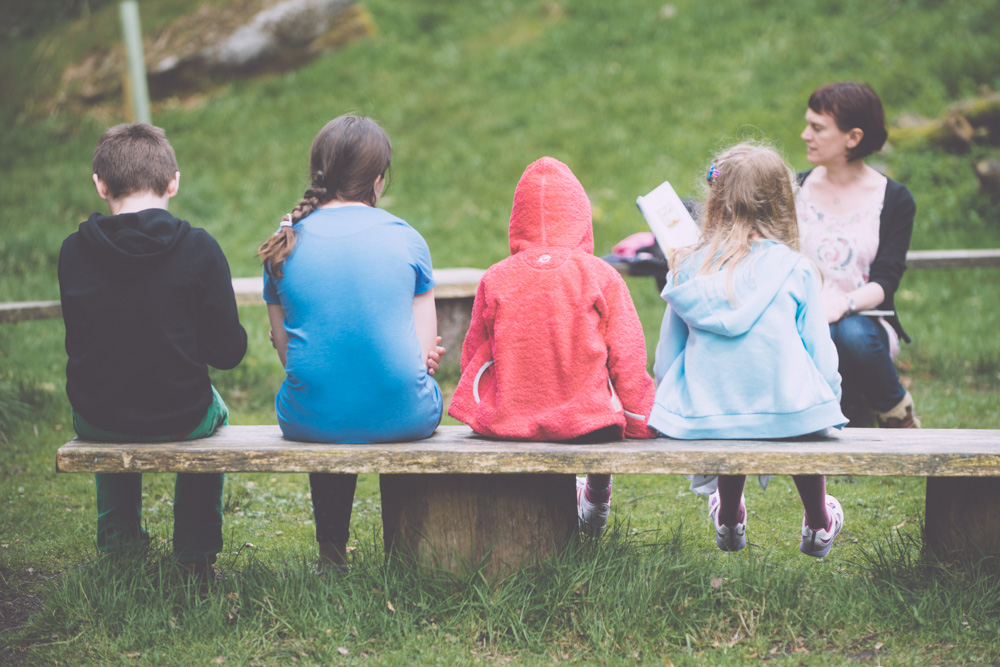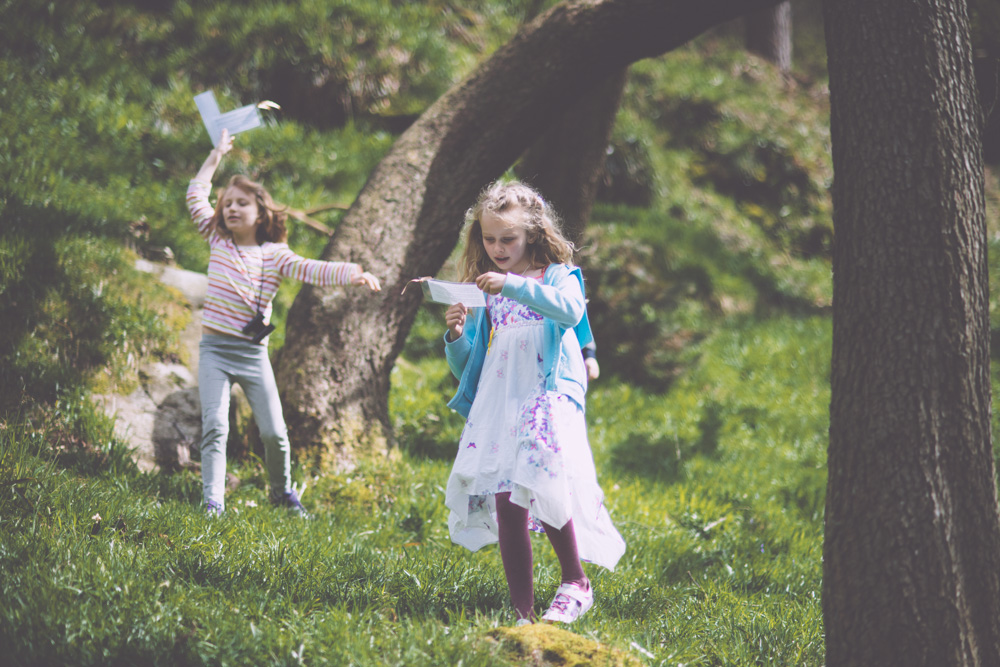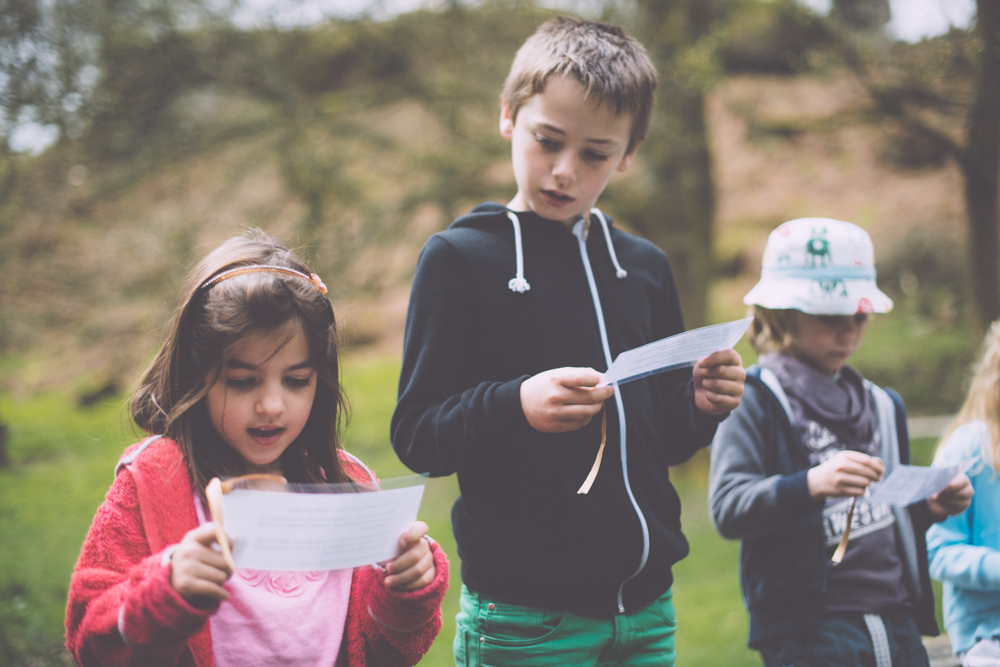There are changes afoot! I’m delighted to say that I’ve just started a PhD in Creative Writing: Young Adult Fiction, at Leeds Trinity University. I know, I’m as surprised as you are! I never thought I’d do a PhD. But last March, a friend nudged me, saying ‘Look, there’s a studentship in your field…’ and when I read the description, I got that wonderful tingly feeling of recognition that meant I should pay attention.
Already, the process of applying, being interviewed, drafting and re-drafting my proposal, has meant a deepening of my focus. I’m thinking about what I write, why I write it, and how I write it, in a way that is new for me.
The PhD will mean writing a full-length YA novel, and also a critical and reflective shorter thesis about the process of writing it. The theory of creative writing that I’m reading feels very fresh and new. It’s an emerging academic discipline, and that brings controversy and challenges but also huge opportunities. I can’t wait to dive in.
It feels to me that UK YA has never been richer, broader or more exciting. As part of my research, and as a way of contributing to the debate around UK YA, I’m going to publish interviews with UK YA authors on this blog. I’d like to alternate between influential and emerging voices.
The interviews are being set up right now and will follow shortly, around one per month to begin with. To whet your appetite, the first one is with a writer you’ll all know. He’s been called the Godfather of UKYA…
More soon, thanks for reading!

